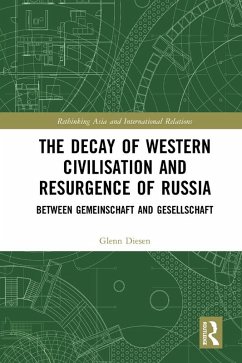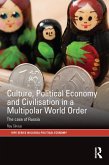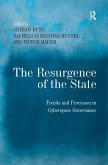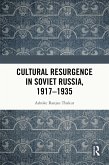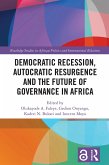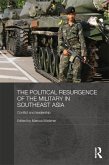This book explores the cooperation and competition between Western and Russian civilisation and the rise of anti-establishment political forces both contesting the international liberal order and expressing the desire for closer relations with Russia. Diesen proposes that Western civilisation has reached a critical juncture as modern society (gesellschaft) has overwhelmed and exhausted the traditional community (gemeinschaft) and shows the causes for the decay of Western civilisation and the subsequent impact on cooperation and conflict with Russia. The author also considers whether Russia's international conservativism is authentic and can negate the West's decadence, or if it is merely a shrewd strategy by a rival civilisation also in decay.
This volume will be of interest to scholars of international relations, political science, security studies, international political economy, and Russian studies.
Dieser Download kann aus rechtlichen Gründen nur mit Rechnungsadresse in A, B, BG, CY, CZ, D, DK, EW, E, FIN, F, GR, HR, H, IRL, I, LT, L, LR, M, NL, PL, P, R, S, SLO, SK ausgeliefert werden.

